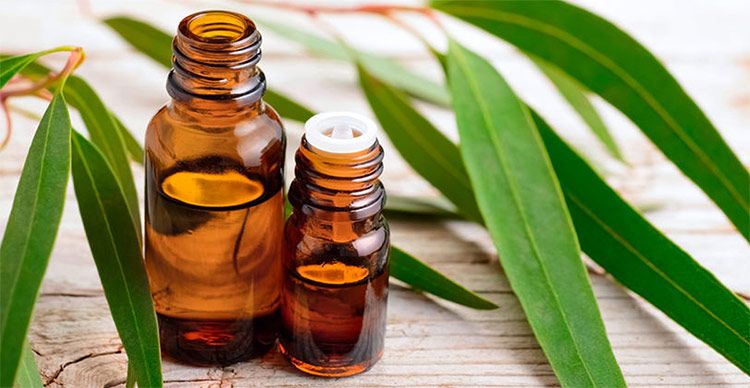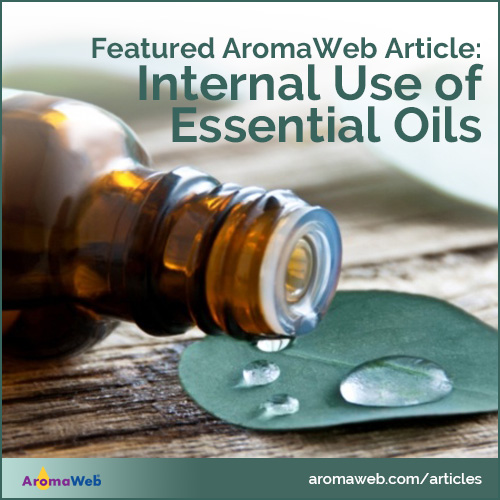Internal Use of Essential Oils

Why can't I find any specific information about the internal use of essential oils on AromaWeb?
AromaWeb is host to millions of individuals from around the world. AromaWeb's visitors have varying levels of awareness of aromatherapy safety principles. English is a second language to some AromaWeb visitors, and AromaWeb's text is sometimes run through automated language translators by those that do not know English (such translators can alter the intended meaning of some text). Some individuals confuse fragrance oils with essentials oils. Fragrance oils are synthetic and are not suitable for ingestion. Additionally, some individuals skim text so fast that they can miss important safety recommendations.
For these reasons, AromaWeb does not encourage or provide suggestions regarding taking essential oils internally. AromaWeb also does not provide information regarding ingestion of hydrosols.
But aren't essential oils taken internally sometimes?
Yes. For example, I am formally trained in aromatherapy and the internal use of essential oils. There certainly are a number of beneficial applications for the internal use of essential oils for those who are properly educated about internal use. Essential oils are also used in the food and flavoring industry. If you enjoy peppermint candies, for example, there's a possibility that the candies may have been naturally flavored with a tiny amount of Peppermint Essential Oil.
However, the internal use of essential oils for therapeutic or culinary applications requires much more care, knowledge and expertise than many people realize.
Essential oils are highly concentrated. Many risks exist when ingesting essential oils without being properly educated or without being under the care of a properly trained aromatherapist who has education and experience in the internal use of essential oils.
Therefore, I do not recommend ingesting essential oils whatsoever unless you are under the guidance of a qualified aromatherapist or have yourself received appropriate training.
To help support this important point, I will cite a statement found within the second edition of Essential Oil Safety written by aromatherapy experts and educators Robert Tisserand and Rodney Young. They recommend the following: "...only practitioners who are qualified to diagnose, trained to weigh risks against benefits, and have a knowledge of essential oil pharmacology should prescribe essential oils for oral administration." [Robert Tisserand and Rodney Young, Essential Oil Safety (Second Edition. United Kingdom: Churchill Livingstone Elsevier, 2014), 50.]
Is it okay to add essential oils to my drinking water? Just a drop?
Don't! A excellent article on the subject is offered by aromatherapist and educator Amy Kreydin: Friends Don't Let Friends Drink Essential Oils
What steps should I take if I do want to properly learn how to safely take essential oils internally?
Find a reputable holistic aromatherapy school or educator that is qualified to teach about the internal use of essential oils and enroll in a course or program that appropriately covers the topic of internal essential oil usage (or consult with a qualified aromatherapist). AromaWeb's Aromatherapy School and Educator Directory is a helpful starting point. Please inquire directly with each school/educator to discuss their curriculum and approach.
